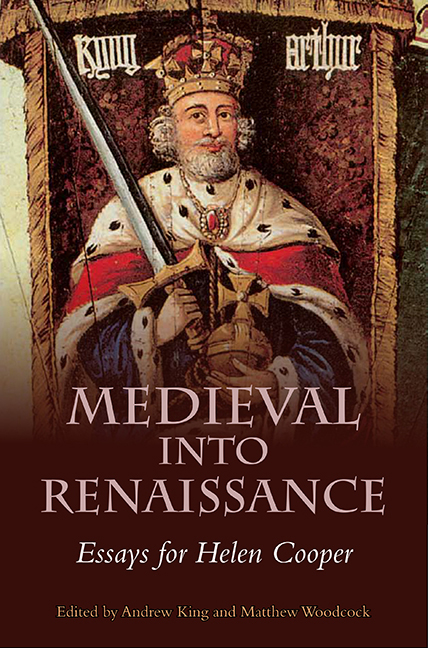The first scenes of Hamlet famously pose a problem of inheritance. The ghost's silent appearance in full armour and the country's preparations for war in the first act recall the ancient world's most notorious assassination, when ‘ere the mightiest Julius fell,/ The graves stood tenantless and the sheeted dead/ Did squeak and gibber in the Roman streets’ (1.1.117–19). Recent stagings of Julius Caesar made these events more familiar for Shakespeare's audience, and now this ghost, so ‘like the king that's dead’ (1.1.44), gives ‘even the like precurse of fear'd events,/ As harbingers preceding still the fates/ And prologue to the omen coming on’ (1.1.124–6). Something as yet unclear threatens the kingdom. In response to this threat of historic proportions, Horatio, Marcellus, Barnardo and Francisco – all four subjects of the new king, three in his pay – choose not to bring these omens to their ruler (as two men attempt in Julius Caesar), but rather to approach the old king's son – ‘young Hamlet’ (1.1.175), a figure unmentioned up to this point and here identified only by his father's name.
Denmark was, of course, an elective monarchy.3 Nevertheless, the contrast between this final moment of scene one, when the warrior king's son seems to inherit contact with his ghost, and the next in scene two, when another man occupies the old king's throne, is striking. No less so is the dilemma of multiple kings. The presence of the old king (‘the king that's dead’) silently conditions our response to Claudius in 1.2. Something is rotten long before Hamlet's ‘prophetic soul’ (1.5.41) learns of his uncle's crime. Yet the matter of inheritance – of sons succeeding fathers in all the ways that such succession might imply – is obviously a far broader concern in this play's first act.
Critics have long noted that Polonius speaks in the familiar discourse of fatherly advice to his son Laertes in the play's third scene. This advice was employed largely to perpetuate the father and his position through and in his children. But the scene is one of several in this act that foreground moments of fatherly instruction. Although the ghost in 1.5 sounds nothing like Polonius, Richard Helgerson is right in claiming that ‘This too is a scene of paternal admonition.’
